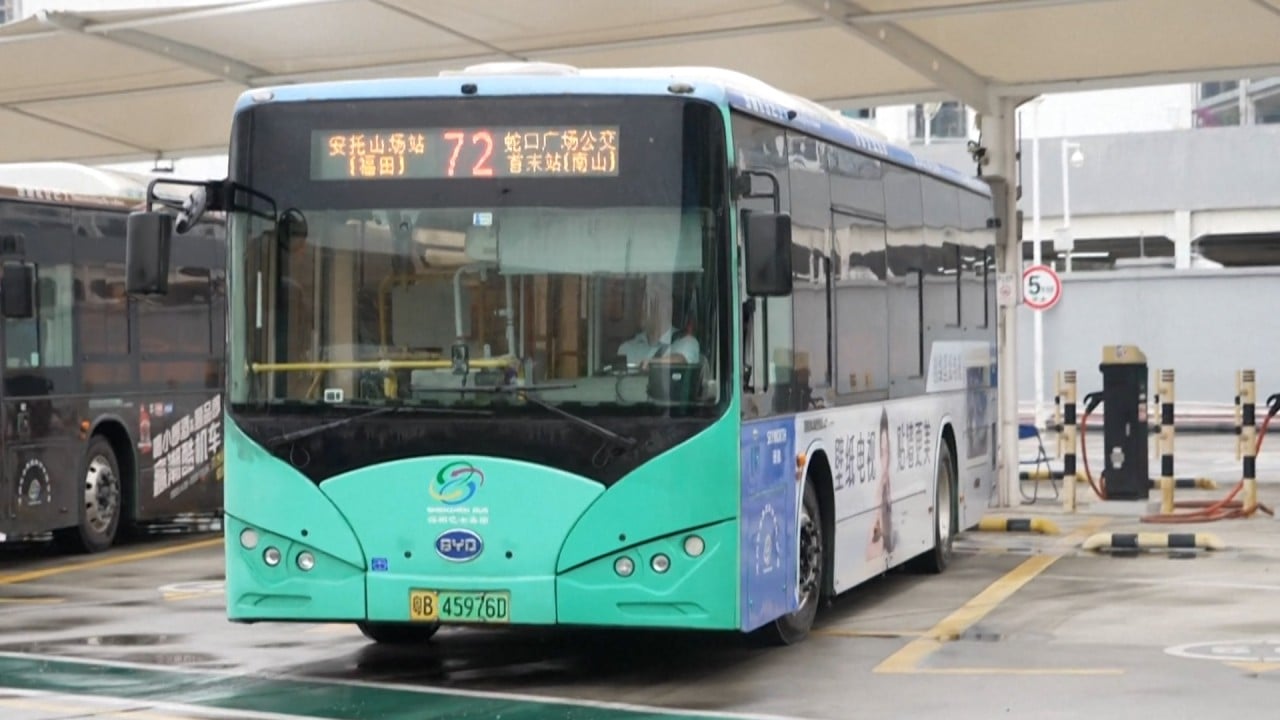The sudden shift marks a setback for companies involved in the sale of Chinese cars in Turkey, Europe’s sixth-biggest auto market. They are seeking modifications or at least a delay so the tighter regulations will not be so disruptive.
“These rules are so tough, not a single brand is in compliance as of today,” said Erol Sahin, chief executive officer of automotive consultancy EBS.
The biggest issue stems from the requirement that importers establish service stations themselves, which would complicate deals with authorised third-party services, Sahin said.
In Southeast Asia’s EV race, domestic markets face a long and winding road
In Southeast Asia’s EV race, domestic markets face a long and winding road
Electric cars are becoming increasingly popular in Turkey, thanks to the relative affordability of Chinese brands, as well as the acclaim of domestic car Togg and the recent arrival of Elon Musk’s Tesla Inc. EV sales rose almost 10-fold this year to November from a year earlier, data from industry association ODMD show. They now comprise 7.1 per cent of all passenger car sales.
The new rules are intended to bring order to a rapidly developing industry and enable it to move forward in a controlled environment, an official in Ankara said on condition of customary anonymity. There are no plans to revise the rules or delay their implementation, the official said.
“It would be a pity if the aim is for Togg to sell a few thousand more cars,” EBS’s Sahin said. “Togg should face competition in the domestic market too, to develop further.”
BYD Co., China’s top selling car company, plans a nationwide authorised service network and has been signing contracts with dealers to deliver services to customers, said Ismail Ergun, general manager of BYD Turkey.
“If the rule is implemented as planned, imports may have to wait at the border for months,” Ergun said.
“The rationale of the regulation is correct, as it aims to protect the customer,” said Kagan Dagtekin, CEO of Dogan Trend Otomotiv, which distributes MG, a brand of China’s SAIC Motor Corp. “However, one should be careful to not throw the baby out with the bathwater. Competition laws and fair approach for the existing dealer body should be taken into account.”
China is Turkey’s biggest importer and goods from the Asian country have played a role in swelling the country’s trade deficit to almost US$100 billion as of November. Passenger car imports are a big contributor to the shortfall.
The world’s second-largest economy sold US$184 million worth of EVs to Turkey in the first 10 months of this year, almost double the figure in the whole of 2022. Earlier this year, Turkey imposed an added 40 per cent customs duty on EV imports from China, raising the total customs tax rate to 50 per cent.


